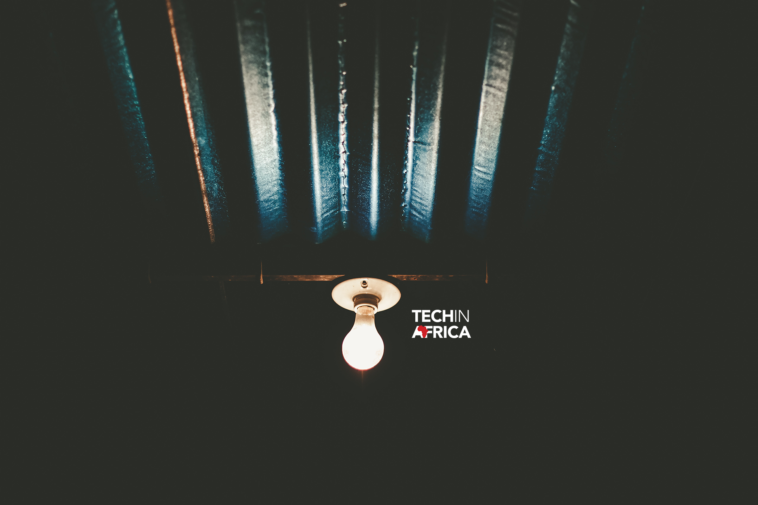TechInAfrica – In this and the next several posts, we’ll look beyond Nigeria, Kenya and South Africa to find startups that have leapt over the first major hurdle: getting enough financing to refine their product and enlarge their customer base.
But we’ll tell their stories by describing the strengths that led each company to first-round funding. First up, a familiar name: Tanzania’s Off Grid Electric.
No Need to Live in the Dark
There’s no reason for more than 1.3 billion people to live in the dark because they aren’t hooked up to the electrical grid. Combine a high-efficiency solar panel, a lithium-ion battery and mobile phone-based payment technology to provide affordable, safe electrical power as a service, at less than what people pay for kerosene.
That’s the value proposition of Off-Grid Electric, maker of Africa’s first micro-solar leasing platform. When company founders performed market research in Bangladesh and Rwanda, results showed that a community power model would work best in East Africa and that customers there would be willing to invest in solar energy solutions.
An agile business model
OGE sells solar systems directly to the customer with no middleman. Technology enables consumers with no formal credit to use the money they would usually pay for kerosene to lease solar power equipment. The main benefits include:
- A very scalable solution. Each household has its own power source and charge controller and uses existing mobile payment systems. And, through partnerships with telecom companies, customers are able to make payments conveniently through their phones.
- Different levels of service. Customers choose the number and type of electrical services (lights, radio, mobile charger, TV) that they need. Rates increase as the number of appliances go up. Customers can top off and pay for as little as one day’s worth of service. And, basic OGE services require a $6 installation fee and $6 per month. This is less than the cost most people pay for kerosene.
- Lease, don’t sell. Early on, when OGE thought of selling the solar platforms, consumers showed reluctance to buy expensive equipment that might fail. When the company changed to a leasing model, demand exploded. The reasonable payment rates and ability to lease the equipment removed customer concerns.
An efficient, robust technology solution
The OGE system consists of a high-efficiency, 50-watt solar panel and a lithium-ion-based battery that looks like a large breadbox. When fully charged, the 12-volt DC system powers lights and small appliances for a few critical hours. System hardware also includes a charge controller and a payment management system.
Big plans for African electrification
By spring 2015, OGE had installed systems at 35,000 customer homes. Seed funding of USD 100,000 in 2013 financed the Tanzania pilot program. Last year, OGE received USD 45 million in debt financing for solar power and battery storage and another USD 25 million in funding from private and government sources.
Company officials see the entire continent as a potential market. A plan to electrify a million homes by 2017 is just the first step. Then, there’s a plan to launch OGE services in their first overseas operations in Rwanda. And the company is also looking to scale up its current partnership with the Tanzanian government.
 We just launched our WhatsApp channel. Want to get the latest news from the Tech in Africa?
We just launched our WhatsApp channel. Want to get the latest news from the Tech in Africa?


